 Photo by Markus Spiske on Unsplash
Photo by Markus Spiske on UnsplashHow can you not feel broken and shattered after a breakup?
You might feel like you've experienced damage beyond repair and parts of you will be missing forever.
But there’s an ancient practice called kintsugi that could help you put the pieces of yourself back together again.
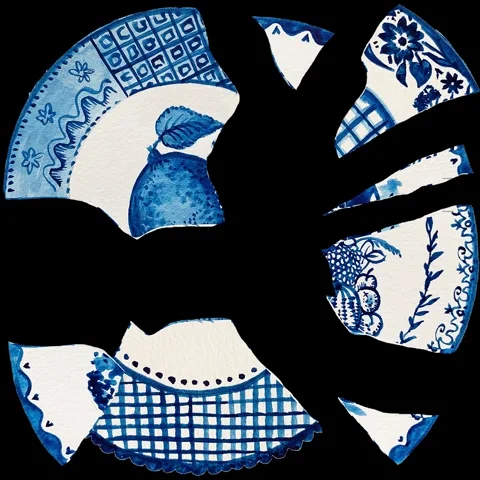
Kintsugi
Kintsugi is an ancient Japanese art stemming from Zen Buddhism of repairing broken pottery with gold lacquer.
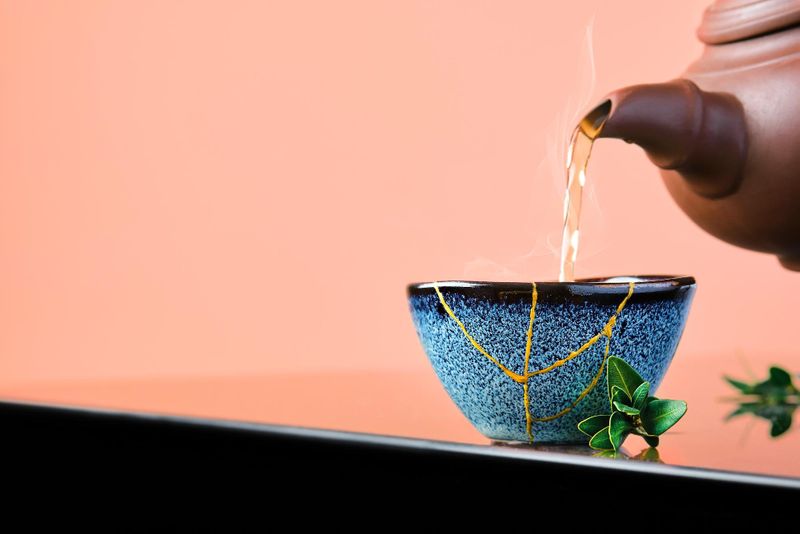 Image by ededchechine on Freepik
Image by ededchechine on Freepik
The philosophy behind this practice is that breakage and repair are a part of your history. By embracing your scars, you can create something stronger and more beautiful.
How can kintsugi be helpful?
Whether a heart or a bowl, kintsugi can help reframe the way you see things that are broken as things that are ready to be made new.
Lessons from Kintsugi Quotes
In her book, Kintsugi Wellness: The Japanese Art of Nourishing Mind, Body and Spirit, author Candice Kumai outlines some kintsugi principles that you can use to find healing after a sad and stressful experience.
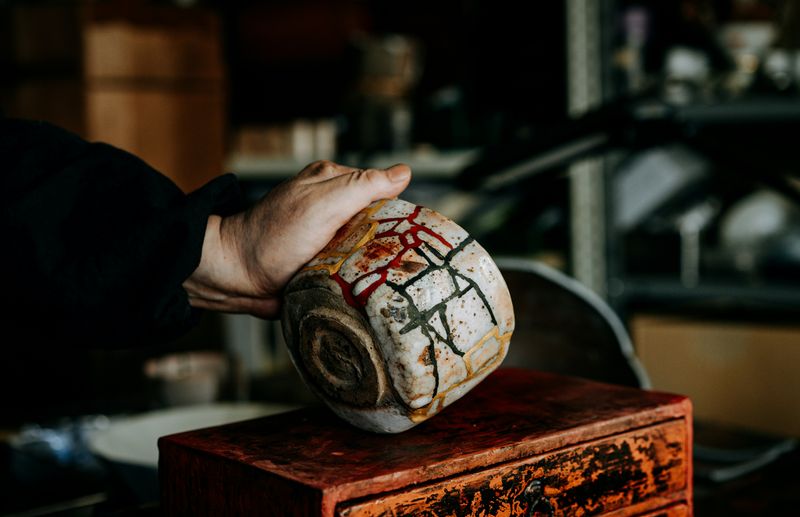 Photo by Motoki Tonn on Unsplash
Photo by Motoki Tonn on UnsplashYou can use these impactful lessons from kintsugi quotes as the gold to help you begin the worthwhile journey of mending your broken heart.
1. Wabi-sabi
Wabi-sabi is about accepting that life is imperfect, impermanent, and incomplete. In accepting this, you can be more aware of how things are beautiful just as they are.

The antifragile perfects being imperfect.
— Roger Spitz, author & futurist
2. Gaman
Gaman is about persevering through the difficulties of life with patience and dignity. In times of distress, one should not be reactive, instead, show self-control. This shows an inner strength.

If you’re broken, hold until each piece of you heals one again.
— Samara Rhea Samuel, strategic thinker
3. Eiyoshoku
Eiyoshoku is about nourishing your body. This can be done through eating well. When you take care of your body, it has a positive effect on your mind too!

A change of the exterior circumstances of our life only works through the transformation of our body.
— Emmet Fox, spiritual leader
4. Yuimaru
Yuimaru is about focusing on nurturing your current relationships. It roughly translates to "the spirit of cooperation." You can begin to heal by loving others and letting yourself be loved by those who love you.
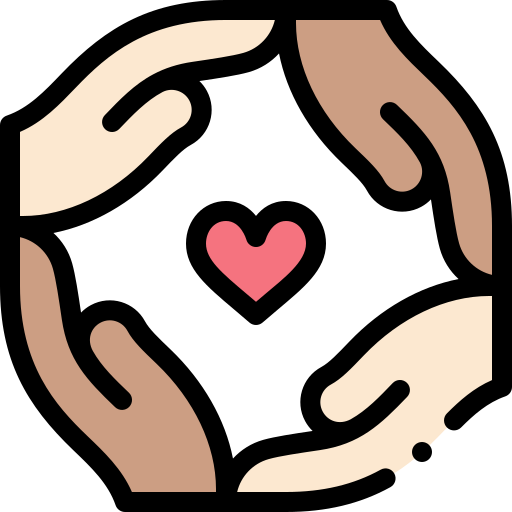
Deepening our relationships can help us be kind to ourselves. When we know that we have a good support system, we tend to take care of ourselves a little more.
— Cynthia V. Catchings, licensed therapist
5. Kansha
Kansha is about expressing gratitude but much deeper than that, it is being grateful and appreciative of the good and bad in life. Gratitude lets you appreciate everything as it is, instead of how you think it should be.
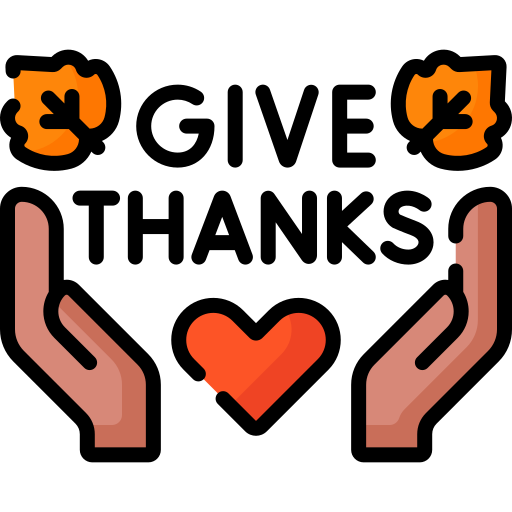
Gratitude is about the good and the not-so-good. Everything happens for a reason, and there is no difficult situation that comes our way without a purpose.
— Cynthia V. Catchings, licensed therapist
Quiz
The stress and sadness Sam experienced after a break-up has caused them to indulge in junk food and to isolate themselves as a way of finding comfort. Which kintsugi principles would you let them know about? Select all that apply:
Take Action
You’re more than equipped to handle life’s endings, and you can continue to cherish all the things about your life that are imperfect and worth valuing as they are!

Your feedback matters to us.
This Byte helped me better understand the topic.
